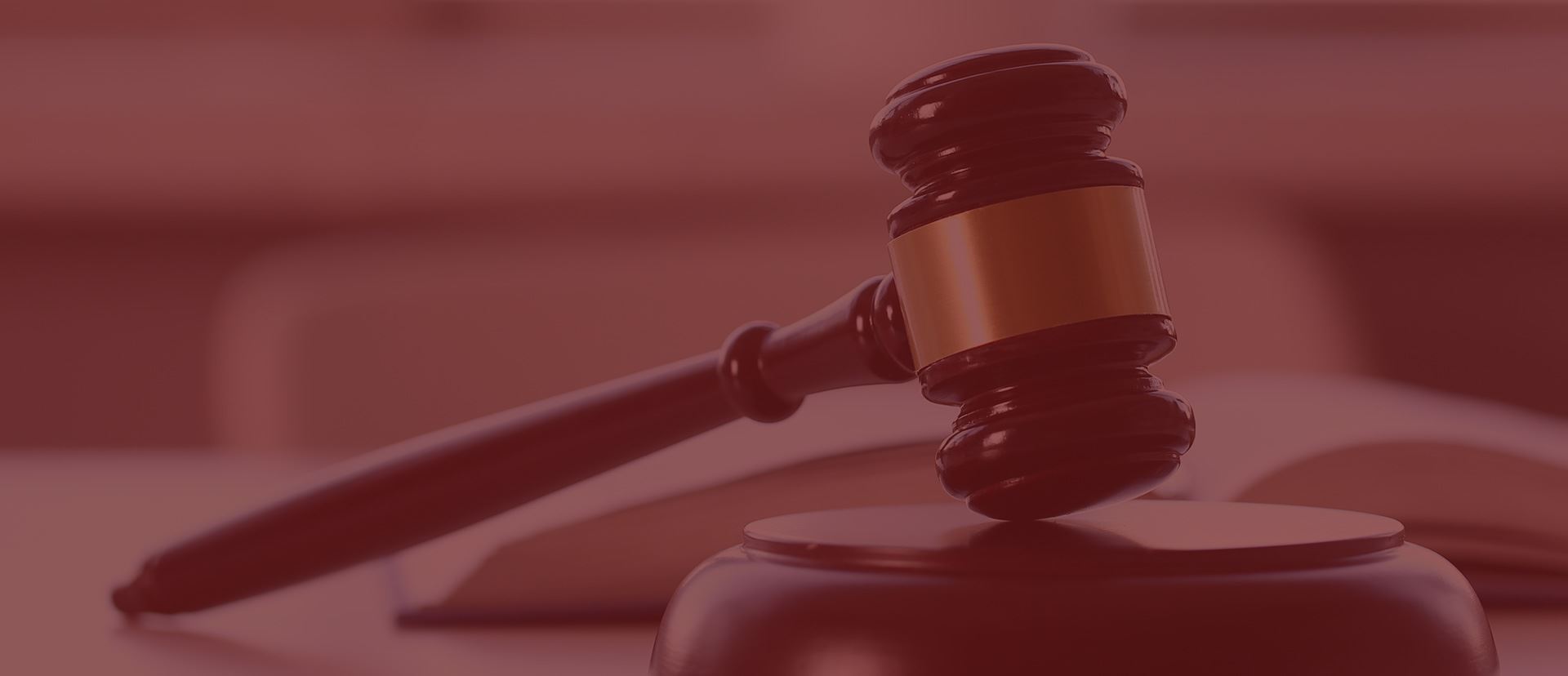Benzene is a known human carcinogen (a substance that likely causes cancer in humans) linked to blood cancers like leukemia. Heightened exposure to benzene can increase your risk of being diagnosed with cancer and blood disorders. Benzene is not an ingredient in sunscreen, but Johnson & Johnson (J&J) recently recalled five (5) Neutrogena and Aveeno sunscreen products for benzene contamination.
The Johnson & Johnson Recall
On July 14, 2021, J&J recalled four (4) Neutrogena sunscreens – Beach Defense aerosol sunscreen, Cool Dry Sport aerosol sunscreen, Invisible Daily Defense aerosol sunscreen, and Ultra Sheer aerosol sunscreen – and one (1) Aveeno product – Aveeno Protect + Refresh aerosol sunscreen.
The company took all sizes and SPF levels of the aerosol sunscreens off the market “out of an abundance of caution.” Although the sunscreens contained “low levels of benzene,” benzene exposure can lead to adverse health effects, including leukemia and other cancers.
Exposure to the chemical can also cause unpleasant symptoms, such as dizziness and irregular heartbeat, depending on the method of exposure. Benzene is dangerous whether you inhale it, ingest it, or get it on your skin, which is why benzene in sunscreens that people use every day is such a huge issue.
In aerosol sunscreens, both skin exposure and inhalation present risks.
Benzene and the FDA
The U.S. Food and Drug Administration (FDA) lists benzene as a Class 1 solvent. Benzene should not be used to manufacture drug substances unless using it is unavoidable when producing a product with significant therapeutic benefits.
Still, benzene levels are restricted to 2 parts per million (ppm) for these special uses. According to a report from Valisure, some sunscreens contained up to three (3) times the allowed amount of benzene.
The FDA has been working to regulate sunscreen products more strictly since 2019. Valisure is calling for stricter regulation of benzene specifically because:
“There is not a safe level of benzene that can exist in sunscreen products.”
What Should I Do If I Have Recalled Sunscreen Products?
If you have any of the sunscreen products discussed in this article, please stop using them. Do not, however, stop using sunscreen. There are many alternative brands and products you can use to protect yourself from excessive sun exposure and melanoma.
You can contact the JJCI Consumer Care Center at 1-800-458-1673 to request a refund, and you should contact your physician or healthcare provider if you have any questions or concerns about past use of the recalled products.
If you have experienced any problems as a result of using Neutrogena or Aveeno sunscreen products, seek medical attention immediately and report your experience to the FDA's MedWatch Adverse Event Reporting program.
Remember, exposure to benzene increases the risk of developing leukemia and other blood disorders, so you should not use products that contain benzene.
If you have used Neutrogena or Aveeno aerosol sunscreens regularly and developed a blood disorder, an attorney can help you explore the link and hold J&J accountable.
At Brett H. Oppenheimer, PLLC, we are ready to hear about your situation and help you recover from dangerous medical products. We have more than 25 years of experience handling cases like yours.
Call us at (502) 242-8877 or contact us online for a free consultation with Brett Oppenheimer.

